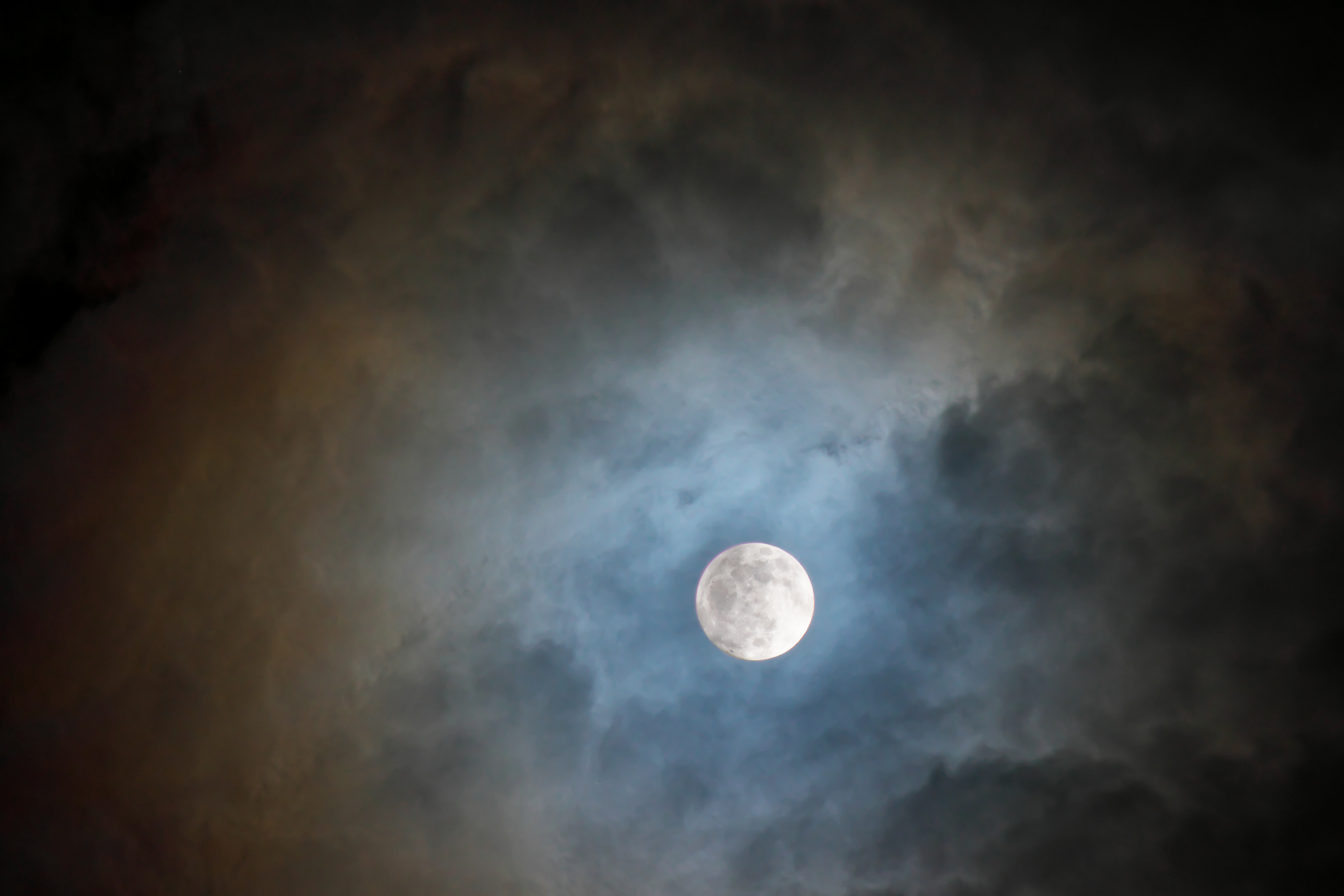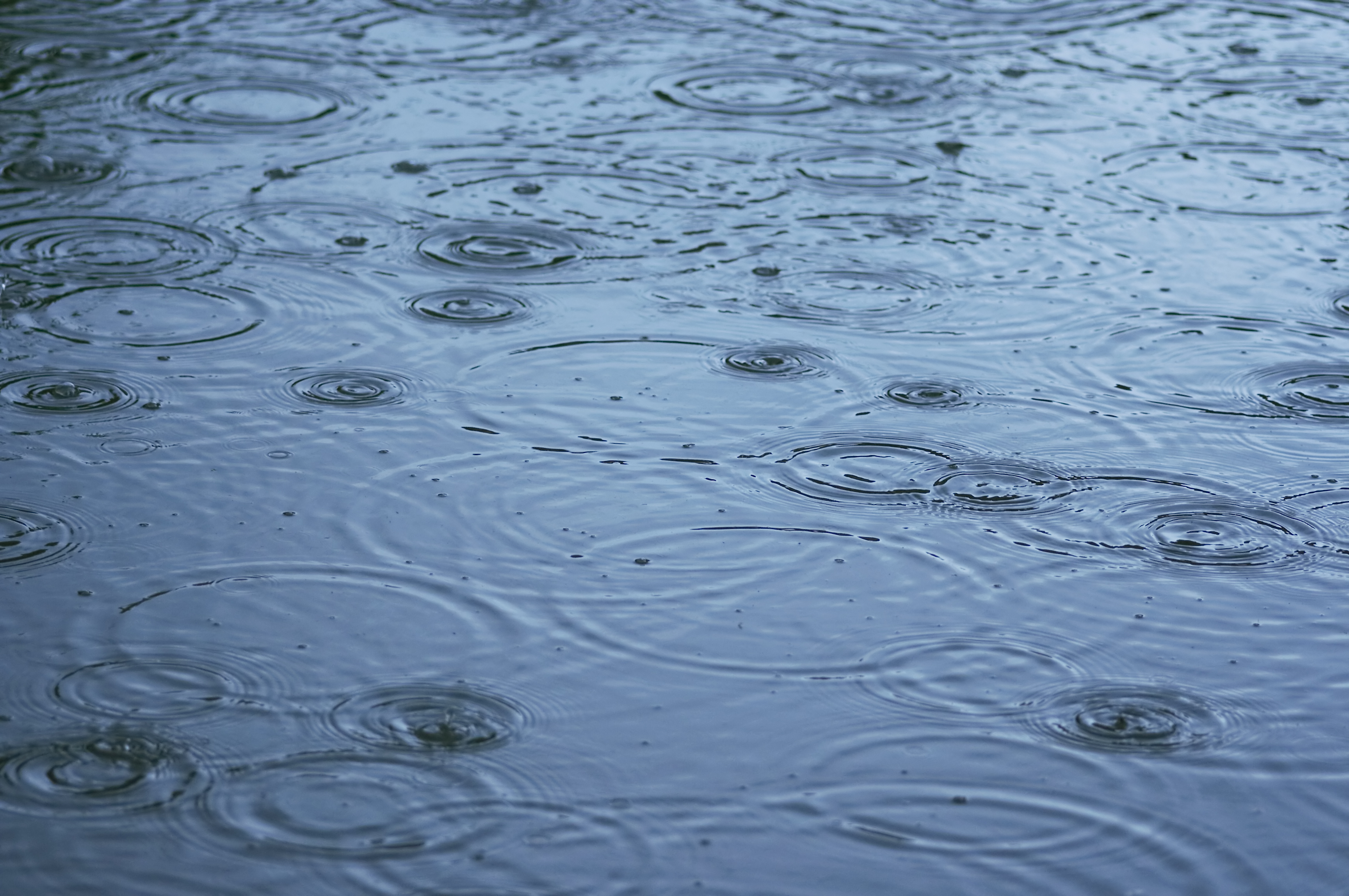Natural Tricks to Sleep Better Tonight
In an age where artificial lighting and digital screens dominate our nights, the natural world still holds the key to a restful night's sleep. Mother Nature, with her timeless wisdom, offers subtle yet powerful cues that guide us into slumber. From the gentle rustle of leaves to the rhythmic crashing of ocean waves, nature's whispers are all around us, inviting us to unwind and embrace the restorative power of sleep. This article explores 10 clever ways that nature lulls us into rest, revealing the intricate connections between the environment and our circadian rhythms. Join us as we delve into the serene symphony of nature's nighttime serenade.
1. The Soothing Sound of Rain
Few things are as calming as the gentle patter of rain against the window. This natural soundscape provides a consistent, soothing background noise that masks disruptive sounds, creating a cocoon of tranquility. The rhythmic sound of rain is akin to white noise, which has been shown to help people fall asleep faster and enjoy a deeper sleep. The steady, predictable pattern of raindrops can lower anxiety and evoke a sense of peace, reminiscent of the womb's comforting environment. By listening to rain, whether live or through recordings, we can tap into this primal comfort, allowing nature to ease us into a restful state.
2. The Calming Influence of Moonlight

The moon, with its gentle glow, has long been associated with sleep and dreams. Unlike artificial lights, moonlight is soft and does not disrupt our natural sleep-wake cycle. Historically, moon phases have influenced human activity and rest patterns, with full moons often linked to increased sleep disturbances. However, the moon's presence can also signal the body to wind down, as its gradual rise and fall align with our internal clocks. Moonlight can encourage the production of melatonin, the hormone responsible for sleep regulation, making it a natural aid in the pursuit of a restful night.
